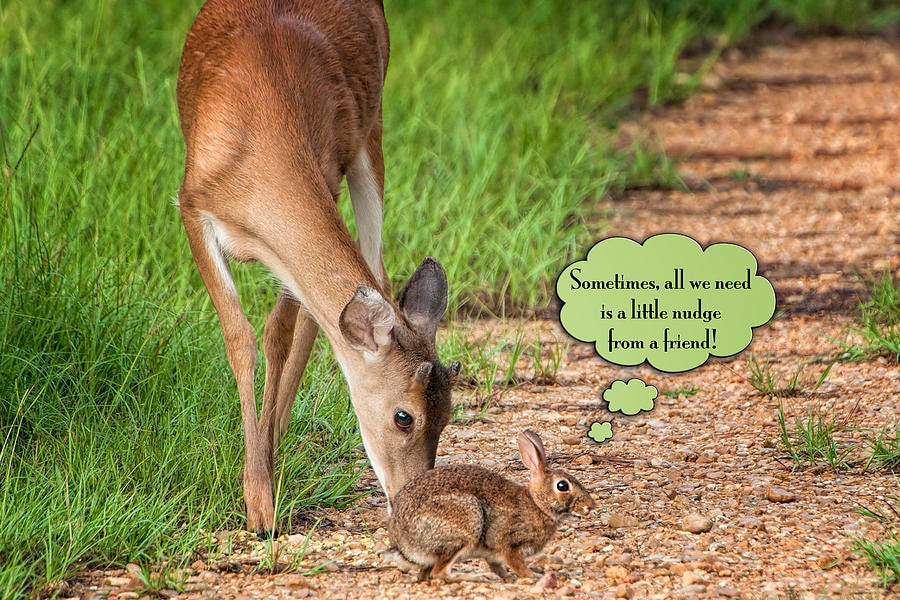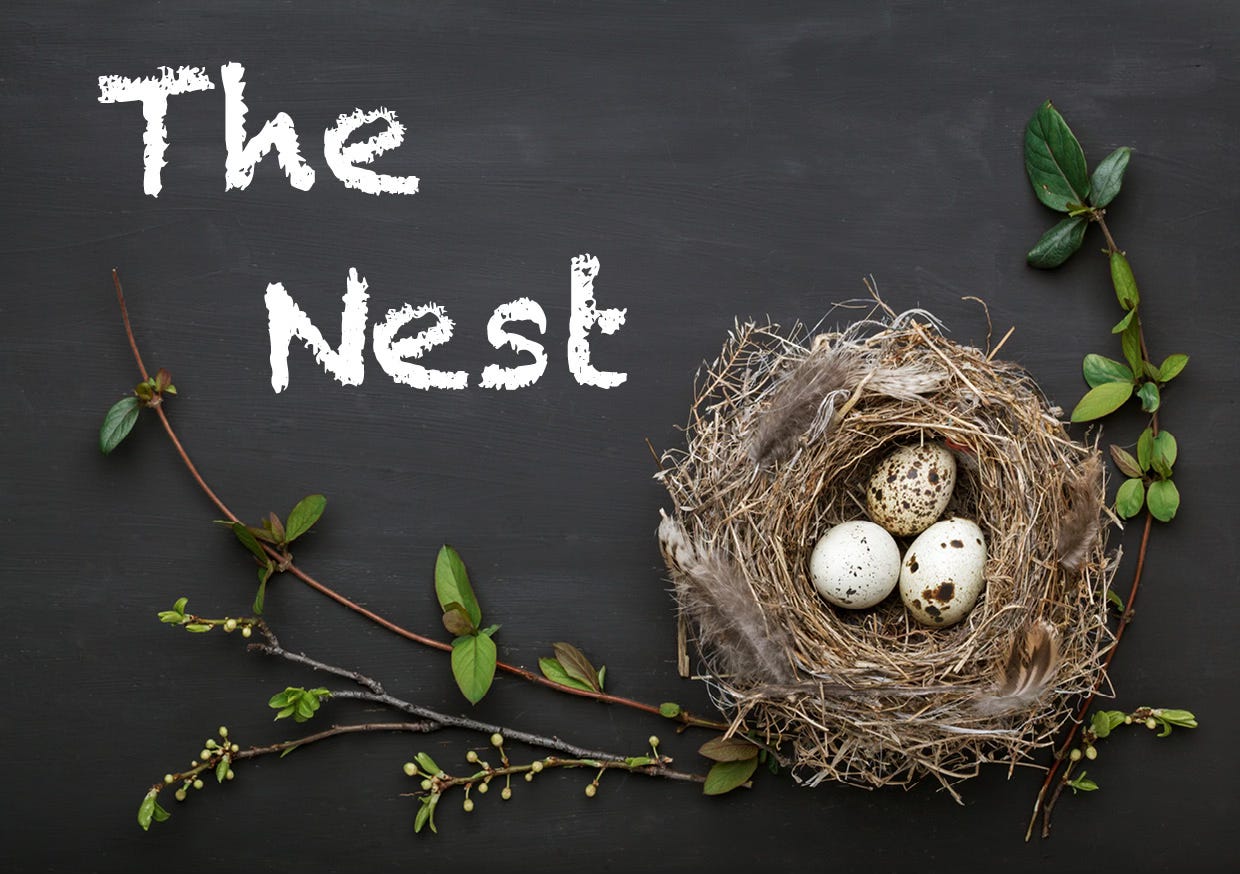Dear all,
I wonder what everyone took on holiday to read? My trouble is that because I read extra-fast, I get through books rather quickly! Then I may perhaps re-read one that I have particularly enjoyed. I remember when we were living in the rain-forest, and I had finished all my own stuff, then the children’s school text books, and finally deciphering old newspapers in Malay that our shopping had been wrapped in! I was desperate, but eventually worked out a system for books to be sent to me.
I’m trying a new investigation with my reading: novels written by people who have a particular specialism or level of expertise in the context of the book. So, I have Anton du Beke’s first book of a new series, ‘The Royal Show’, (his previous series was set prior and during the outbreak of WW2, featuring the fictitious Buckingham Hotel with its famous ballroom); Rob Rinder, former barrister and now TV performer has written two novels: ‘The Trial’ and ‘The Suspect’. The Rev. Richard Coles has written a number of books including the Canon Clements mystery series which feature religious settings for several murders, including ‘Murder at the Monastery’ and ‘A Death in the Parish’. He has also written about his personal experience of loss and bereavement. I will let you know my reflections when I have ploughed through half a dozen or so books!
Do any of you know anyone who is experienced in PR? We urgently need someone who can offer us a few hours per week to help us with promotion, press releases, interviews, launch of the new Moose and Mouse book, and so on. Email us for more information, or see the promotion on Facebook.
Thank you so much for being a part of my network – it feels as if I have lots of friends who are willing to hear about new ideas and contribute their own.
With love,
Dr Sue
NDP and Forms of Play
We have discussed the basics of NDP in previous Newsletters, namely:
Water Play, Rhythmic Play, Messy Play and Dramatic Play. Although water play probably starts it all off, these contrasting play-forms start and interact with each other, rather than following a developmental pathway.
“Rhythmic play usually gives safety and security, and messy play is the adventure for the curious!” (Jennings 2024)
There in the background is the steady heartbeat, slowing down at night, speeding up again. Alerting us to danger when it beats really fast, calming us down when it slows to a gentle pulse, influenced by our breathing. One reason that bubble blowing can be helpful during any fear episodes, is that you need a deep, slow breath to make the bubbles happen.
Rhythmic Play: so we are calm with our heartbeats, and we are rocked in arms or cradles: I wonder why cradles and rocking chairs became things of the past – any thoughts?
‘Performative Play’ has been my pre-occupation since we last met on Substack. My initial thoughts were that performative play was linked to dramatic play. That seemed the most obvious connection. But looking again at the beginnings, it would seem that all the early playing is performative, even play during pregnancy, as I mentioned last time.
The private relationship between mother and unborn baby includes storytelling, special voice, whispering, sharing of feelings and special events, secrets, and role-reversal. Mothers will stroke, rock and sing; and every time she moves, whether sitting or walking, the baby moves in the warm waters. So there is a constant rocking and calming.
Of course if there is a sudden movement or reaction or impact, the experience is very different. I often wonder about the effect on one of my children, when someone let go of a very heavy swing door which suddenly bumped my swelling stomach. Later during the same pregnancy, I was knocked flat by a very energetic large Boxer dog, who came charging down a field, straight into me. The situation was not helped by the dog’s owner being more concerned about the dog who had skipped and skedaddled into another part of the field, while I was still lying on the ground feeling winded and anxious. I suppose it was helpful that I was on soft grass and not concrete; nevertheless it has certainly contributed to a reflex action I have, when dogs come too close to me.
People just do not understand when they say, ‘He’s very friendly’, ‘She won’t harm you’, ‘Just let her lick your hand’, ‘He only wears a muzzle because it is the law’! Really? A reflex action is what it is - brought about by an early trauma, that could have had a much worse outcome. My amygdala at work to protect me! Thank you.
That was certainly dramatic play for real!
Back to performative playing and examining the concept of mother and baby becoming the approving audience for one another. There is eye contact and absorption that happens when this interactive performance is taking place; the focus is uninterrupted while the drama is played out, involving imitation and turn taking. There is consonant play - doing things together, and echo-play - when the two players copy each other: sounds, movement and face-pulling. Having rehearsed this process during pregnancy, mother and baby play it out for the first six months.
Then a new dimension starts to develop, that of ‘Let’s pretend’. It is a huge developmental step from mutual imitation to being able to pretend. It is usually personified by the game ‘peek-a-boo’, which can cause distress if attempted too early. However at about six months the infant is able to tolerate you ‘disappearing’ momentarily, and returning again – which becomes you pretending to go away and then returning. The infant quickly picks up the dynamic of this and will also put their hands over their eyes to ‘disappear’ and then return again.
I have quoted it before, and it is worth mentioning it again, the interaction and role reversal between Polly Garter and her new born baby in Under Milk Wood, by Dylan Thomas. Even the name of the play focusses on milk! The line in bold is Polly answering herself ‘as if’ she is the baby.
‘Me, Polly Garter, under the washing line, giving the breast in the garden to my bonny new baby. Nothing grows in our garden, only washing. And babies. And where’s their fathers live, my love? Over the hills and far away. You’re looking up at me now. I know what you’re thinking, you poor little milky creature. You’re thinking, you’re no better than you should be, Polly, and that’s good enough for me. Oh, isn’t life a terrible thing, thank God?’
This topic is developed further in the next section and will form a chapter in my new book ‘Neuro-Dramatic-Play and Infant Mental Health’, to be published by Routledge.
Plenty to think about!
With love,
Dr Sue
Self-Guided Diploma
We have just begun this Autumn Semester’s Live Online NDP Diploma with an engaging and delightful cohort of students. You can now apply for the live diploma next Spring or you can join the increasing number of people joining our Self-Guided course which allows you to study at your own pace and in your own time. Find out more by clicking the button below.
Watch this space!
We shall shortly be announcing the ‘NDP Student of the Year’, which is awarded to someone who has consistently shown a high standard in their assessments, course work and workshops.
Just a little nudge…
…please consider becoming a paid subscriber – not only does it help me as a writer – you also gain more, with additional article, stories and techniques, 4 free webinars each year, and 10% discount on any UK training. As a paid subscriber you are supporting new things that I am creating and are closely involved in the process. Just £65 per year or monthly instalments. Thanks and a hug. De-luxe membership is £120 per year and gives free monthly consultations, 6 free webinars per year and 15% off UK training.
And finally, our bed-time story. This time it is the next section from our story about life at a rural school after WW2.
Miss Penny-Weather’s Country School
The Story of Jimmy Swift, the Boy from Somerset:
Miss Penny-Weather’s Country School story is based on events that the author experienced or that she heard about as a child in post-war Britain. It creates the atmosphere of the rural school and is a useful addition to lessons about social history. It will be published as a book later this year.
Episode 7
Jimmy woke early the next morning, and made preparations to leave the boat when they came to the next set of locks. He had his school bag and colouring book, and made sure the rosehips he had picked the day before were safely in a paper bag, that his Mum had from the shopping the day before. He was thinking about his little sister, Jilly who was five years old. He would show her pictures in his colouring book, and find scraps of paper so she could draw too. But would she get the chance to go to school? He knew that his Dad believed that girls should do ‘women’s work’ like the cooking and washing. Might that include school too? Maybe he should concentrate on learning to read, and then his Dad would really see the benefits of school!
He went up on deck where his Mum had taken breakfast for them all. She also gave him a package, ‘That’s for your lunch,’ she said. He looked up, about to ask a question, but his Dad said, ‘Your Mum and I have been talking, and it’s a shame you have to leave the school earlier than the others.’ His Mum continued, ‘So we thought that if we moor for the night after the next set of locks, you could stay until the end of the day and then join us. It will only be a short walk further on.’ Jimmy was so excited; all he could do was smile. And wow! It would soon be time to navigate the locks near the school, and he had things to discuss with Miss Penny-Weather. He wanted to tell her that his Mum and Dad were now encouraging him to attend school.
He carefully helped with the steering of the next three locks, said goodbye to his family, made sure he had his bags, jumped off the barge, and ran up the path to the school where the other children were just gathering. Miss Penny-Weather smiled when she saw Jimmy, and said, ‘Glad you could make it in time,’ and Jimmy smiled back and joined the other children as they put their bags on their school tables, and lined up by the door. ‘Charlie and Madge, you are prefects today, and all children must make sure they do not go out of your sight,’ she called out, and then everyone went up the lane, following the prefects to the field with the huge hedges of rosehips.
The children were chattering together and sharing what they would do with the new pocket money. Jimmy was slowly overcoming his shyness and shared with another seven years old boy that he wanted to buy his sister a book. The other boy, named Matthew, said, ‘It’s very difficult for me – my Mum and Dad don’t like to talk about it cos they think it makes us look poor.’ Jimmy replied that his Dad had thought the same but was then OK when he knew it was for his pocket money. Mathew paused, and then said to Jimmy in a whisper, ‘Can you keep a secret? A really big secret?’ ‘Of course.’ said Jimmy, ‘Cross my heart, I won’t tell anyone.’ Matthew looked around to make sure no-one else was near, and again he whispered, ‘My family really are poor – very poor. Sometimes we don’t have enough money for second helpings of food, and my Mum covers it up by saying it’s important to learn not to be greedy!’ Jimmy was very surprised and carried on picking without saying a word, but then said, ‘But your Dad is a doctor, isn’t he? I thought doctors earned enough, different from some of us, who just manage each week.’ Matthew looked as if he was going to cry, and then said, ‘I’m not supposed to talk about my family to other people – the trouble is that my Dad is a very popular doctor, everyone wants to see him, but afterwards he tells Mum that many patients are too poor to pay for their medicine or him coming to see them.’ Jimmy realised that other children had their worries too, but he was very surprised at Mathew’s story about his family. Then he remembered when the other children were going on an outing to the zoo, he could not go because of the barge schedule, but Mathew didn’t go either as his Mum said he was not going, without giving a reason. They were doing very well with their picking, and Jimmy told Mathew that he would share his rosehips as he had started picking early that morning. Mathew looked as if would cry again, and Jimmy understood that: when someone does something kind, unexpectedly, you do feel like crying.
Suddenly they heard the prefects, ‘Time to stop, everyone come together please,’ and all the children gathered in a group to return to school. Mathew and Jimmy discovered that they now were friends, special friends, because they could share private matters together. But how different they were! Both of them were wondering what their parents might say about the growing friendship. Perhaps it was better to say nothing at all, for the time being.
The children all returned to school and Madge and Charlie helped the teacher weigh the hips and work out the payment each child was due. Miss Penny-Weather wrote it all down in a large book, and Jimmy realised that he was beginning to understand what she was writing – at least the numbers that were added and subtracted. And he thought of the connection to his Dad’s work when he was being paid for his deliveries – it was quite complicated because he was paid by the people selling the stuff, but he was also paid by the person buying it, for safe delivery and helping to unload. Added to which, if they moored at the docks, there was a fee to pay, which is why they often began their journey back so that they could moor, free of charge. Jimmy was rather pleased that some things on paper were at last making sense to him! Meanwhile, Matthew scored the biggest sale of rosehips because Jimmy had given him half of his!
At the end of the week, Miss Penny-Weather gave a prize to the child who had picked the largest quantity. She was pleased to do this, because she knew that many children came from poorer families, although she was a little surprised that Matthew might be the winner this week. Surely his family didn’t need the money. She just happened to catch Jimmy’s eye, who minimally shook his head.
‘Ah, well,’ she thought to herself, ‘There must be some things that are still a mystery about these children.’
‘Right,’ she said, ‘we have done our maths for this morning. Time to settle down with your reading books. And Jimmy, it is your turn to come and work with me.’ Jimmy was delighted, he had lots to tell the teacher, not only about himself and learning to read to help his Dad, but also about little sister Jilly, and what might happen to her education.
(If you prefer to listen to these stories, they will shortly be available on YouTube ‘NDP Storytime with Sue Jennings’ and ‘Stories of Mouse and Mouse’. The ‘Moose and Mouse’ stories are written for children under the age of 6 years and address important issues in child development such as attachment, loss, playfulness, adventure, safety and fears. See our website here.)
Welcome to our Subscribers’ exclusive area with more news items, resources, stories and more. If you can’t see what’s below then please do subscribe and join us!
Dear Friends and Colleagues of The Nest,
Well, the positive effects of the holidays soon fade away as we return to face more cuts, reduced staffing levels and unimaginable wars abroad.
Keep reading with a 7-day free trial
Subscribe to Sue Jennings Presents to keep reading this post and get 7 days of free access to the full post archives.









